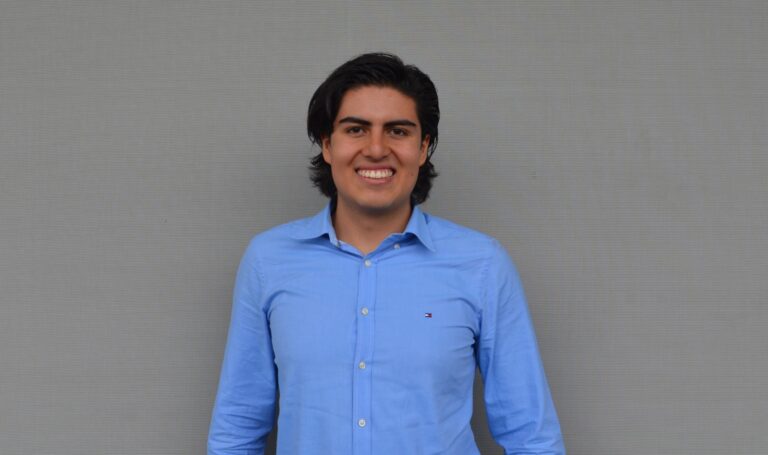This study developed a sustainable system to treat and reuse nejayote, the potentially polluting wastewater from maize nixtamalization—a key step in making tortillas, a staple food and cultural icon in Mexico. Using a mechanical sedimentation process that requires no electricity, solids are separated and the liquid is clarified within 90 minutes, allowing water to be reused up to three times and reducing overall consumption. The recovered solids can be reincorporated into the dough, enhancing tortilla quality. An environmental label is also proposed to identify sustainable producers. Experimentally validated, the system is technically, economically, and environmentally viable. Aligned with the 2030 Agenda, this replicable model promotes circular practices, supports resource recovery, and offers environmental and economic benefits at both local and global levels.
This is how I came up with the idea for this project:Tortillas, a staple of Mexican cuisine, are made via nixtamalization, which produces nejayote, a polluting byproduct. This project addresses the lack of sustainable treatment technologies by designing a device to reduce nejayote's impact, enabling water reuse and reintegrating solids into dough, fostering environmental sustainability and promoting a circular economy model.


